A doctorate in Dharmashastra is a graduate degree in Hindu and Buddhist philosophy. The discipline focuses on the social and personal duties that we all have and our sense of moral duty. Coursework includes the study of the texts of Manu, Yagyavalkya, and Parashar, as well as the study of ethical behavior and the Hindu code. Moreover, Dharmashastra focuses on the role of women, the law, and raja-dhara.
The term "Ph.D." in Dharmashastra refers to the degree of "Doctor of Philosophy" (Ph.D.). The word originates from the Greek philosophia, which means "love of wisdom." Although 'Doctor of Philosophy' initially referred to extensive general education, today, it's used to signify expertise in a specific field. It is a postgraduate academic degree that requires original research.
The traditional Ph.D. was not the same as the doctorate we know today. In Dharmashastra, doctorates were awarded for advanced scholarship, not original research. The doctorate was issued prior to a master's degree and became an academic degree. The licentiate was originally a teaching license, but over time evolved into a higher degree. The title of a Ph.D. is the same as the title of a Ph.D., but a Dharmashastra-specific degree.
The degree of doctor of philosophy was originally called a "Doctor of Philosophy." In other words, a doctor of philosophy is a Ph.D. in natural sciences. While it may sound like a fancy title, the degree can be a very prestigious achievement. If you have the academic aptitude, a Ph.D. could be the right choice for you. With this doctorate, you can make a difference in society and the world around you.
Ph.D. in Dharmashastra Eligibility
Candidates who want to take admission in Ph.D. must have a post-graduate degree in Dharmashastra and its relevant discipline with at least 55% marks from a recognized university and must have passed the national level entrance examination or university level entrance examination. National level entrance exams like UGC NET / UGC CSIR NET / GATE / SLET or University entrance exams consist of written tests and personal interviews.
The Benefits of a Ph.D. in Dharmashastra
Dharmashastra is a branch of philosophy that originated in India. It was an area of study that was considered to be a high level of learning. It was the foundation of Indian culture and literature. Though the achievements of this age were not as grand as those of subsequent ages, they were nonetheless significant. This knowledge was needed to progress in other areas of knowledge.
During this time, advanced grammar and astronomy-cum-astrology were the most popular subjects of study. Sanskrit was considered to be an important subject, and every higher education institution in India was required to hire grammarians who could teach Sanskrit. The people of this time had great faith in astrology, and astrologers were in great demand in the country. They could interpret almanacs and prognosticate future events.
The doctorate program enables students to specialize in one specific area of dharmasastra. The curriculum for this degree program is rigorous. It requires post-doctoral work in a related field, ten research papers published in indexed journals, and three proposals from globally regarded specialists. As a result, the degree program is highly challenging and requires a great deal of work.
The Career Opportunities of a Ph.D. in Dharmashastra
In a recent webinar, eminent scholar Timothy Lubin discussed three factors that led to the formation of Dharmashastra. Dharma is the supreme cosmic concept, which rules the world. The Dharma system is a framework that guides human behavior. It is the "what is right" and "what is wrong." This framework has become the basis of modern society and a crucial part of modern law.
While there are a number of career options, research positions are rated as the most desirable. Teaching positions, research positions, and non-academic positions are the top three. In addition, first-generation students perceive their advisor's career preferences as similar to those of other graduate students. In many ways, this can be a positive aspect of a doctoral program.
The Dharmashastra Ph.D. degree has multiple benefits. In the first place, it provides a foundation for careers. It allows Ph.D. students to develop a sense of belonging within the academic department. This sense of community can help them to find a job that fulfills their interests. However, the Dharmashastra Ph.D. program can help them become a leader and successful professionals.
Another benefit of a Ph.D. is that many jobs are non-academic, which means that you can pursue other fields after completing your degree. A Ph.D. in Dharmashastra is a great way to pursue a rewarding career, so take a look at it. There are plenty of ways to use your degree, and if you do, it can make you a well-rounded academic.
The Future Scope of Ph.D. in Dharmashastra
The Ph.D. in Dharmasastra is a 3-year doctoral degree program in Hindu studies. Dharmasastra refers to a genre of Sanskrit theological texts. These treatises are considered to be the earliest Hindu scriptures. There is a variety of Dharmasutras, each with its own point of view. The texts date back to the 1st millennium BCE when they developed out of the Kalpa (Vedanga) study.
The faculty of law has protected many prominent individuals, including the former Chief Minister of West Bengal and the Director of the CBI. Others have earned a Ph.D. in the field of human rights. Dr. A.P. Mukherjee has taught in the department of criminal law. Former Speaker of Lok Sabha Somnath Chatterjee holds an IPR chair at the university. Other alumni include Shamnad Basheer, who is well-known in highbrow belongings.
The course is theoretical and focuses on new knowledge. It also emphasizes human involvement with information and its social and technological ramifications. The program also examines the communication of knowledge. These issues are central to the field of legal studies. In other words, the program is geared toward making the world a better place for all.
Ph.D. Research Program duration
The Ph.D. in Dharmashastra course is a minimum of 3 years and a maximum of 5 min duration. This depends on the university offering the course.
Fees for research program for Dharmashastra
The average fee for Ph.D. in Dharmashastra degree is between INR 50000 and INR 500000.
 5 Years
5 Years
 PhD
PhD
 Research
Research








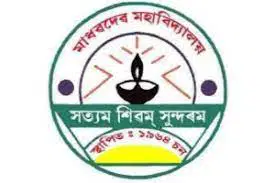
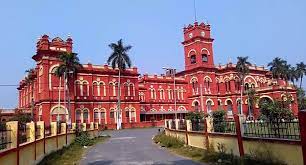
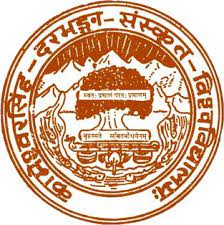

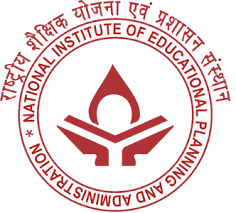



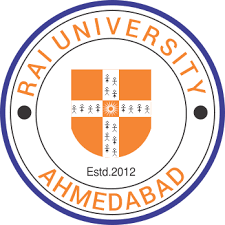
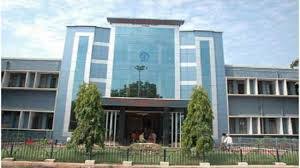


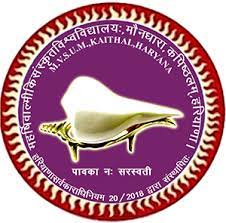






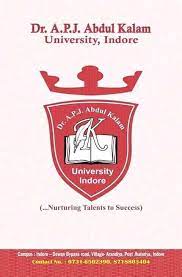

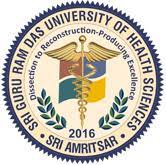
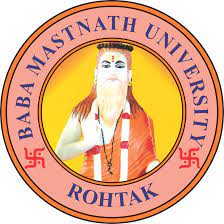


 back
back